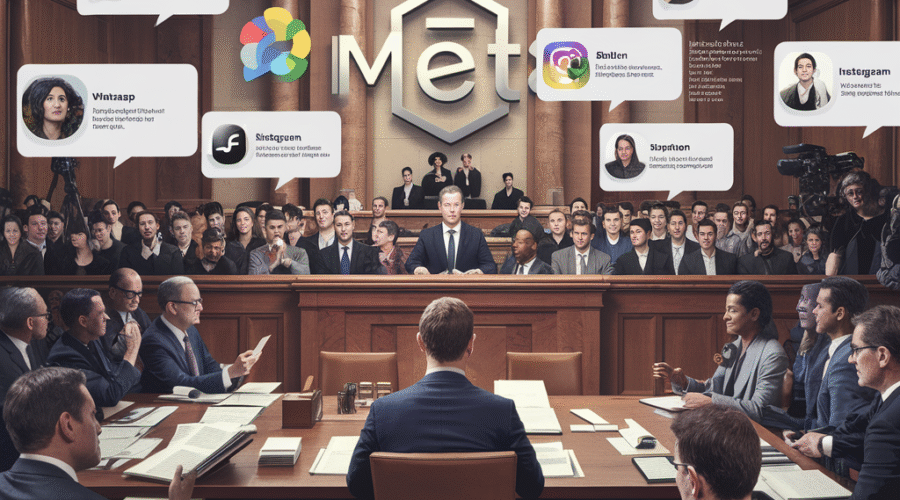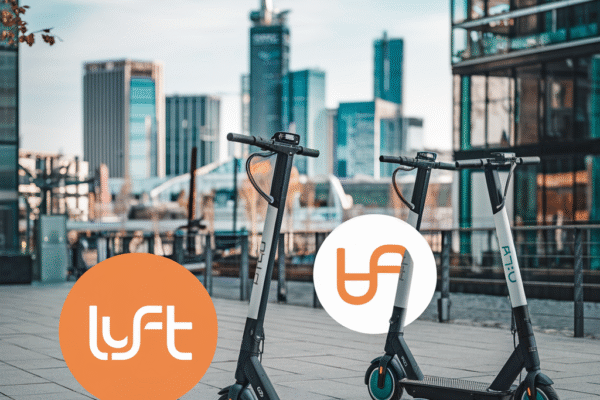As Meta’s landmark antitrust trial enters its second week, newly revealed court documents and testimony from CEO Mark Zuckerberg have exposed the social media giant’s decade-long pattern of neutralizing competitors through acquisition attempts and feature replication. The most striking revelation centers on Zuckerberg’s 2013 bid to acquire Snapchat for $6 billion – an offer that would have reshaped the social media landscape and now serves as critical evidence in the Federal Trade Commission’s monopoly case[1][2][4].
The Snapchat Gambit: A $6 Billion Play for Social Dominance
Zuckerberg’s Unrequited Acquisition Bid
Internal emails presented as evidence show Zuckerberg personally courted Snapchat CEO Evan Spiegel in October 2013, just two years after the ephemeral messaging app’s launch. “I delivered the offer to Evan and he seemed to take it well,” Zuckerberg wrote to Meta executives, expressing confidence about closing the deal[2][11]. The proposed $6 billion price tag – double what was publicly reported at the time – underscores how seriously Meta viewed Snapchat’s threat to its News Feed and Instagram ecosystems[1][7].
The Copycat Playbook Emerges
When Spiegel rejected the offer, Meta responded by launching Stories features across Instagram and Facebook within three years. This pattern of “acquire or replicate” became central to the FTC’s argument that Meta maintains monopoly power through anti-competitive practices. “Public reports of Meta’s attempt to buy Snap, and then egregiously copy its features, exemplify this behavior,” Snap spokesperson Monique Bellamy testified[5][9].
FTC’s Case: A “Buy or Bury” Strategy Revealed
Instagram and WhatsApp as Precedent
The Snapchat revelations build on earlier evidence about Meta’s acquisitions of Instagram (2012) and WhatsApp (2014). Internal communications show Zuckerberg describing Instagram’s rise as “really scary” prior to its $1 billion acquisition, while WhatsApp’s potential evolution into a social network prompted its $19 billion purchase[7][11]. FTC attorneys argue these deals followed the same pattern as the Snapchat approach – identify threats, attempt acquisition, then replicate features if rejected[2][7].
Defining the Battlefield
A pivotal dispute centers on market definition. The FTC contends Meta dominates “personal social networking services,” while Zuckerberg argues competition includes TikTok and YouTube. “The friend part has gone down quite a bit,” Zuckerberg testified, reframing Facebook as a “broad discovery and entertainment space”[3][7]. This semantic battle could determine whether the court forces divestiture of Instagram and WhatsApp.
Snap’s Resilience in the Shadow of a Giant
Surviving the Feature Wars
Despite Meta’s cloning of Stories and other features, Snapchat has grown to 450 million daily active users through augmented reality innovations and Gen Z-focused product development[7][9]. The company’s market capitalization stands at $85 billion as of April 2025, validating Spiegel’s decision to remain independent. “Anticompetitive behavior can often slow growth for smaller companies,” Bellamy noted, “but Snap continues to compete through innovation”[5][9].
The AR Arms Race
Snap’s investments in augmented reality hardware and developer tools have created new battlegrounds beyond social features. Their Spectacles smart glasses and ARES developer platform position the company as a leader in spatial computing – an area where Meta’s Reality Labs division continues to struggle with consumer adoption[9].
Broader Implications for Tech Competition
The “Killer Acquisition” Dilemma
Legal scholars see this trial as a test case for updating antitrust frameworks in the digital age. “When does strategic acquisition become anti-competitive monopolization?” asks Columbia Law professor Tim Wu. The FTC’s success could empower regulators to scrutinize big tech M&A more aggressively, particularly for emerging startups[2][7].
Global Regulatory Ripple Effects
The trial’s outcome may influence parallel investigations in the EU and UK, where regulators are considering stricter merger controls for digital platforms. Recent amendments to the EU’s Digital Markets Act already require “gatekeeper” companies to notify regulators of all acquisitions, regardless of size[7][9].
Looking Ahead: The Future of Social Media Competition
Potential Outcomes and Industry Impact
If the court orders divestiture, analysts predict Instagram could become a $500 billion standalone company, while WhatsApp’s enterprise communication tools might merge with cloud providers like Microsoft or Salesforce[7][9]. More broadly, a ruling against Meta could accelerate decentralization in social media, empowering newer platforms and protocol-based networks like Mastodon and Bluesky.
Zuckerberg’s Legacy at Stake
This trial represents the greatest existential threat to Zuckerberg’s vision of an interconnected Meta ecosystem spanning social, VR, and AI. With the company investing $50 billion annually in metaverse development, forced divestitures could dramatically alter its strategic roadmap and investor value proposition[3][7].
Conclusion: A Pivot Point for Digital Markets
As testimony continues through May 2025, the Meta antitrust trial has already revealed the complex interplay between innovation and consolidation in tech. Whether through Snapchat’s rejected offer or Instagram’s acquisition, Zuckerberg’s emails paint a portrait of a company relentlessly focused on market control. The final ruling, expected in late 2025, could reshape the social media landscape for decades – either validating Meta’s growth strategy or catalyzing a new era of decentralized digital competition[2][7][9].
Sources
https://techcrunch.com/2025/04/16/zuckerberg-snapchat-would-have-grown-faster-if-it-accepted-6b-buyout-offer/, https://www.businessinsider.com/mark-zuckerberg-meta-antitrust-trial-snapchat-buyout-bid-2025-4, https://www.businessinsider.com/mark-zuckerberg-meta-antitrust-trial-testimony-hours-witness-stand-2025-4, https://beamstart.com/news/zuckerberg-snapchat-would-have-grown-1744837042550, https://www.newsbytesapp.com/news/business/ftc-trial-zuckerberg-recalls-snapchat-s-rejection-of-meta-s-acquisition-offer/story, https://economictimes.com/news/international/world-news/zuckerbergs-antitrust-trial-reveals-his-big-plans-buy-snapchat-wipe-off-facebook-friends/videoshow/120354944.cms, https://www.spacedaily.com/reports/Facebook_added_value_to_Instagram_Zuckerberg_tells_antitrust_trial_999.html, https://hnhiring.com/january-2021?locations=remote&only_path=true, https://www.indexbox.io/blog/mark-zuckerbergs-interest-in-snapchat-resurfaces-in-antitrust-trial/, https://github.com/tnmichael309/Data-Quest-Projects/blob/master/Guided%20Project-%20Transforming%20data%20with%20Python/hn_stories.csv, https://www.bigtechontrial.com/p/zuckerberg-v-zuckerberg-will-the





